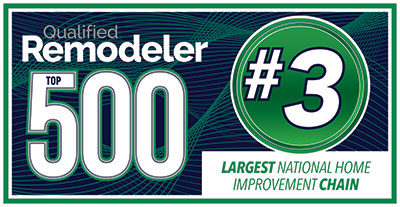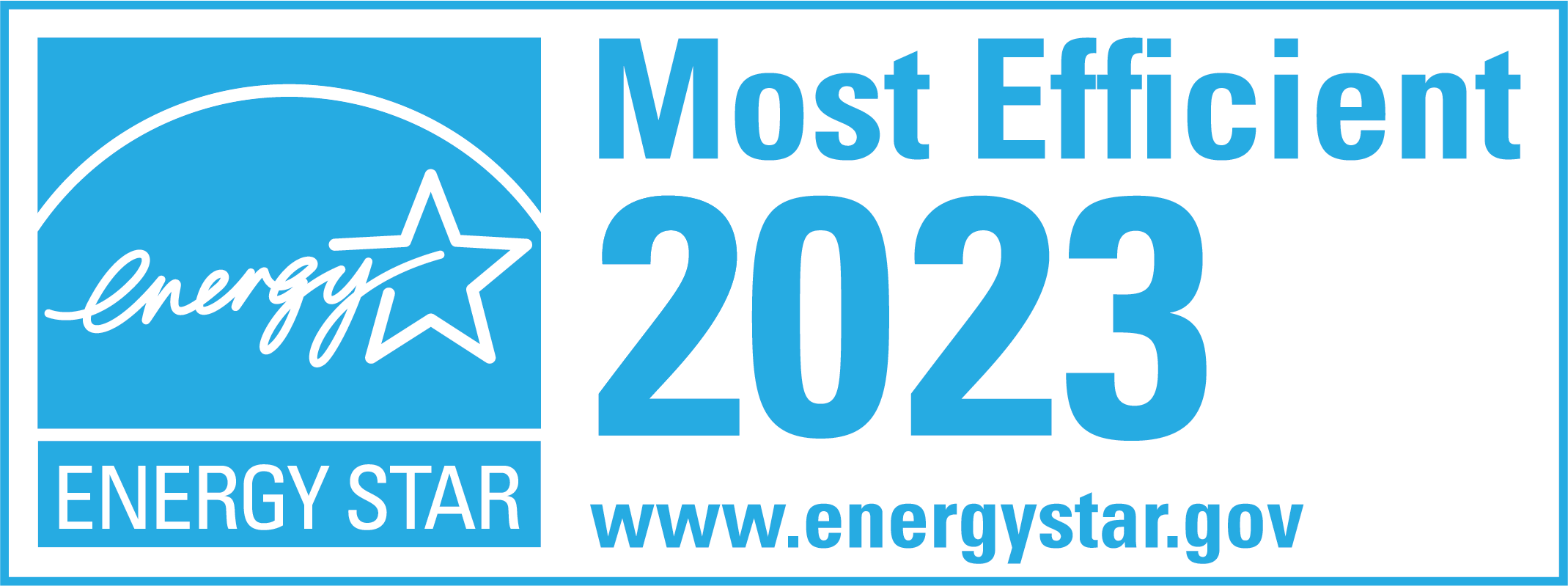Are Fiberglass Windows Any Good?
Fiberglass windows have become an increasingly popular choice for homeowners due to their numerous advantages. In this article, we will delve into the world of fiberglass windows, exploring their manufacturing process, pros and cons, and how they stack up against other types of windows like vinyl, wood, and aluminum. We will also analyze the cost considerations and discuss the maintenance and durability of fiberglass windows.
Understanding Fiberglass Windows
Fiberglass windows are a type of window that is made from a composite material known as fiberglass. This material is created by weaving together fine glass fibers and then coating them with a resin. The result is a strong and durable window frame that provides exceptional insulation and energy efficiency.
What are Fiberglass Windows?
Fiberglass windows are a modern alternative to traditional vinyl, wood, or aluminum options. They are designed to provide homeowners with a long-lasting and low-maintenance solution for their windows. Fiberglass windows offer a range of benefits, including increased energy efficiency, durability, and aesthetic appeal.
The Manufacturing Process of Fiberglass Windows
The manufacturing process of fiberglass windows involves several steps to ensure the highest quality and performance. First, the glass fibers are woven to create a strong fabric-like material. This material is then coated with a resin, which hardens and forms the window frame. Finally, the frame is finished with a protective coating that enhances its weather resistance and longevity.
During manufacturing, the glass fibers used in fiberglass windows are carefully selected for their strength and durability. These fibers are typically made from silica, soda ash, limestone, and other minerals. The fibers are then heated to a high temperature, causing them to melt and form a molten glass material.
Once the molten glass material is formed, it is extruded through tiny holes to create thin strands of glass fibers. These strands are then cooled and collected onto spools. The spools of glass fibers are then taken to a weaving machine, where they are woven together to create a fabric-like material.
After the glass fibers are woven together, they are coated with a resin to provide additional strength and stability. The resin used in fiberglass windows is typically a thermosetting resin, which hardens when exposed to heat or pressure. This resin is applied to the glass fibers in a liquid form and then cured or hardened, through polymerization.
Once the resin has hardened, the resulting material is strong, lightweight, and resistant to corrosion and decay. This makes fiberglass windows an excellent choice for areas with harsh weather conditions, as they can withstand exposure to rain, snow, and extreme temperatures without warping or deteriorating.
In addition to their durability, fiberglass windows are known for their excellent insulation properties. The combination of the glass fibers and resin in the window frame creates a barrier that helps prevent heat transfer, keeping the home’s interior comfortable and reducing energy costs.
Furthermore, fiberglass windows offer various design options to suit any architectural style or personal preference. They can be customized with various finishes, colors, and hardware options to complement the home’s overall aesthetic. Whether you prefer a modern, sleek look or a more traditional, rustic feel, fiberglass windows can be tailored to meet your needs.
The Pros and Cons of Fiberglass Windows
Fiberglass windows offer many advantages for homeowners, but they are not without drawbacks. Let’s examine the pros and cons of choosing fiberglass windows for your home.
The Advantages of Fiberglass Windows
One of the main advantages of fiberglass windows is their exceptional energy efficiency. The insulating properties of fiberglass make it an excellent choice for reducing heat transfer and minimizing drafts. This can result in significant energy savings and a more comfortable indoor environment.
In addition to energy efficiency, fiberglass windows are highly durable. They are resistant to warping, cracking, and rotting, making them an ideal choice for regions with extreme weather conditions. Fiberglass windows also require minimal maintenance, as they do not need to be painted or stained like wood windows.
Potential Drawbacks of Fiberglass Windows
While fiberglass windows offer many advantages, there are a few potential drawbacks. One such drawback is the initial cost. Fiberglass windows tend to be more expensive than vinyl or aluminum windows. However, it’s important to consider their long-term value in terms of energy savings, durability, and maintenance.
Another potential drawback of fiberglass windows is their limited color options compared to vinyl or wood windows. However, many manufacturers offer a range of colors and finishes to suit different architectural styles and personal preferences.
Comparing Fiberglass Windows to Other Types
When considering window options, comparing fiberglass windows to other popular choices like vinyl, wood, and aluminum is essential. Let’s evaluate how fiberglass windows hold up against these alternatives.
Fiberglass vs. Vinyl Windows
Fiberglass windows and vinyl windows both offer excellent energy efficiency. However, fiberglass windows have the advantage of being stronger and more durable than vinyl windows. They are less likely to warp or fade over time, making them a better long-term investment.
Fiberglass vs. Wood Windows
Fiberglass windows provide the look and feel of wood windows without the maintenance requirements. They offer similar aesthetic appeal, but fiberglass windows are more durable and weather-resistant. They do not rot, warp, or require frequent painting or staining like real wood windows.
Fiberglass vs. Aluminum Windows
Fiberglass windows and aluminum windows both offer strength and durability. However, fiberglass windows provide better thermal insulation and are less prone to condensation compared to aluminum windows. Fiberglass windows are also more corrosion-resistant, making them suitable for coastal areas.
Cost Analysis of Fiberglass Windows
The cost of fiberglass windows can vary depending on various factors such as size, style, and manufacturer. It’s important to consider the initial investment and the long-term value.
Initial Investment for Fiberglass Windows
As mentioned earlier, fiberglass windows have a higher initial cost than vinyl or aluminum windows. However, this investment can be justified by its long-term benefits, including energy savings, durability, and minimal maintenance requirements.
Long-term Value of Fiberglass Windows
Fiberglass windows provide excellent long-term value due to their energy efficiency and durability. Their superior insulation properties can significantly save heating and cooling costs over time. Additionally, their resistance to warping, cracking, and rotting ensures a longer lifespan compared to other window materials, ultimately reducing the need for replacements in the future.
Maintenance and Durability of Fiberglass Windows
Fiberglass windows require relatively low maintenance compared to other window materials. Let’s explore the cleaning and maintenance requirements and the lifespan and durability factors of fiberglass windows.
Cleaning and Maintenance Requirements
Maintaining fiberglass windows is relatively simple. Regular cleaning with mild soap and water is usually sufficient to keep them looking fresh and new. Unlike wood windows, fiberglass windows do not require regular staining or painting, saving homeowners time and effort in maintenance.
Lifespan and Durability Factors
Fiberglass windows are designed to withstand various weather conditions and last many years. Combining glass fibers and the resin coating provides exceptional strength and durability. With proper care, fiberglass windows can easily surpass the lifespan of other window materials like vinyl or wood.
In conclusion, fiberglass windows are an excellent choice for homeowners seeking energy efficiency, durability, and low maintenance. While they may have a higher upfront cost than other window materials, they provide superior long-term value and a stylish alternative to traditional options. When considering windows for your home, don’t overlook the benefits of fiberglass windows and what they can bring to your living space.
Call us at 214-399-9592 to discuss window pricing and availability. Our replacement window services are limited to North Texas cities, from Irving and Dallas to Frisco and Rockwall.






